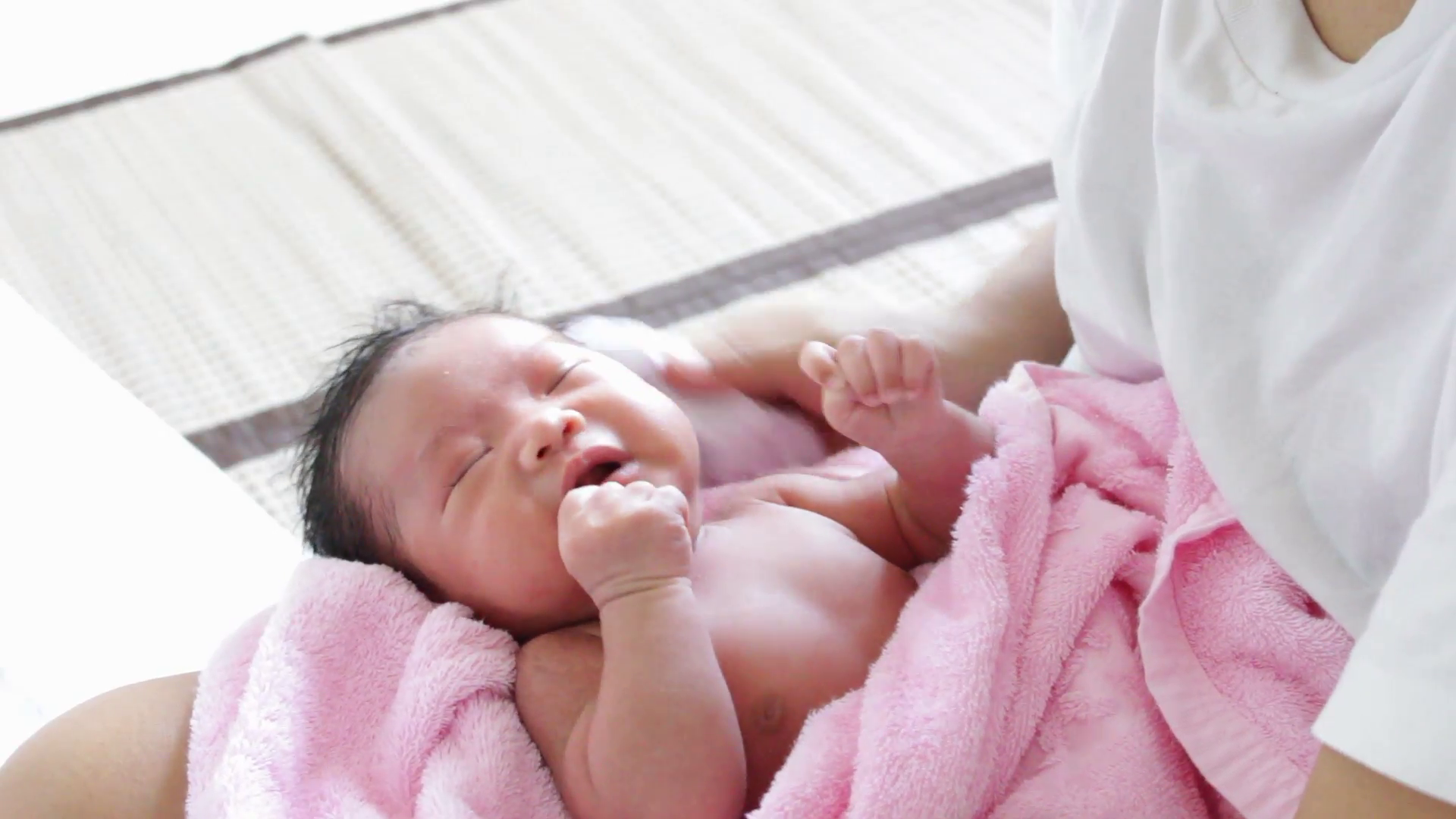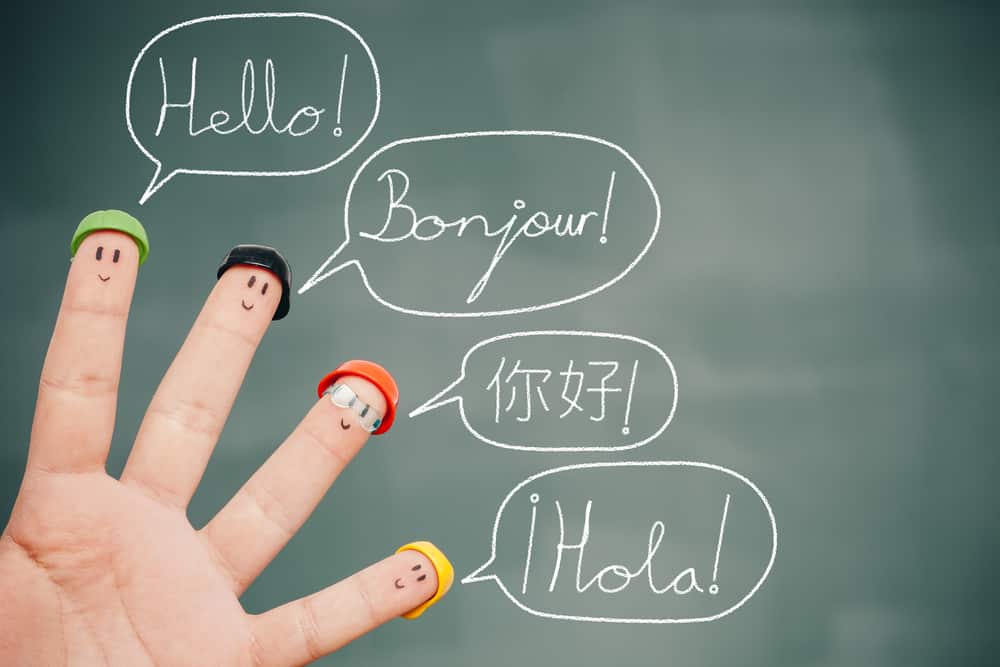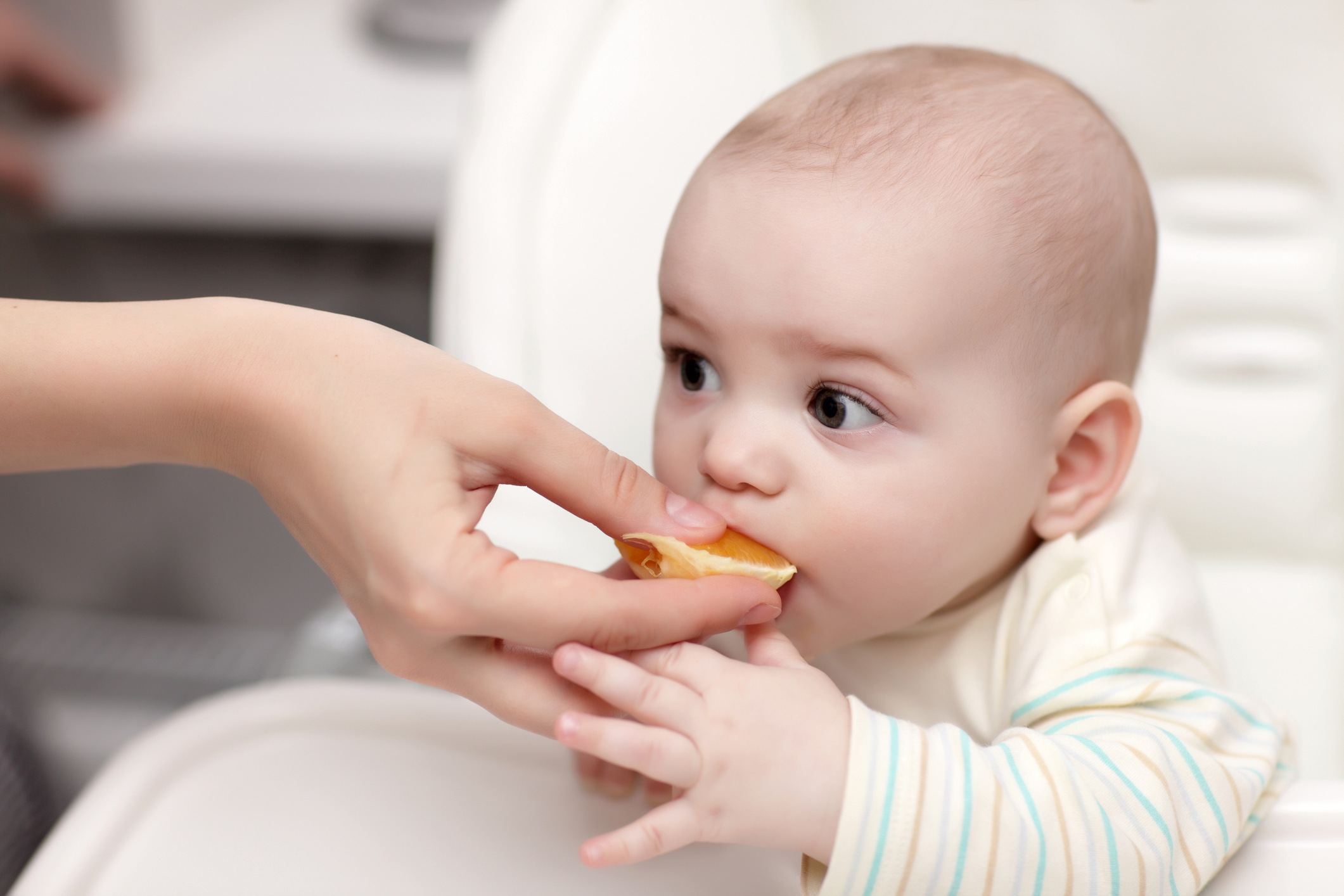Contents:
- Medical Video: Why We Struggle Learning Languages | Gabriel Wyner | TEDxNewBedford
- Babies learn languages from the womb
- What the baby hears during the womb is remembered until adulthood
- How do babies learn the language in the womb?
Medical Video: Why We Struggle Learning Languages | Gabriel Wyner | TEDxNewBedford
The baby turns out to be able to hear all the sounds around him even though they are still in the womb. That's why immediately after birth, the baby can distinguish his mother's voice from the voices of others. Apart from learning to hear, it turns out babies learn languages too, you know, as long as it is in the mother's womb!
Babies learn languages from the womb
One sign that you can notice to know that your little angel has an "expert" speaking since the womb is to listen to his cry. Crying is a language used by babies to communicate with people around them. For example when he feels hungry, cold, in pain, or is sad.
But apparently, the melody of each baby's crying is not the same. Reporting from Science Daily, Kathleen Wermke, a researcher from the University of Wurzburg in Germany, said that the rhythm of a baby's crying can vary because during the womb, he heard his mother's accent while talking.
Wermke's research involved recording the crying sounds of 60 healthy babies for five days after birth - 30 French-born babies (with French mother tongue) and 30 German-born babies (with German mother tongue). Babies born to French-speaking mothers tend to have high crying melodies, while babies born in German-speaking families tend to have low crying melodies.
Other studies have also compared two groups of baby crying, namely Chinese-born babies and German-born babies. After observing the melody and the crying tone, the results of the study stated that crying babies from Chinese descent had a more varied melody compared to babies from German families.
This shows the similarity of the language accents used by their parents, because babies learn their mother tongue since they were still in the womb. Moreover, when given sound stimuli with the language used by his mother everyday, almost all babies respond actively. Whereas when given stimulation or sound stimulation using foreign languages, not the everyday language that he listens to, the babies do not show the same response.
What the baby hears during the womb is remembered until adulthood
The language heard during the womb also influences the absorption of diction (word selection), vocabulary, and the production of baby sounds when they grow up later - even though changes in the language environment occur before children can speak.
This is evidenced by a study that looked at a group of Korean-born adults who were born and grew up in the Netherlands, but could not speak Korean. After being asked to stay for 6-17 months in a special environment with people who are fluent in Korean, their Korean pronunciation is much smoother than the pronunciation of native Dutch people who are fluent in Korean.
Dr. Patricia Kuhl at the University of Washington revealed that babies are able to distinguish all the different sounds used in all world languages. In the first six months of life, babies are better at distinguishing the kinds of sounds used in their own language and eliminating the variety of sounds they don't normally hear.
For example, in infants who grow up in Japan, as they grow and grow they will lose the ability to distinguish "L" and "R" so that all words containing "L" become "R". While babies who grow up in Korea will tend to maintain the pronunciation skills "tal", "dal", and "ddal".
How do babies learn the language in the womb?
Baby learning languages starts from the womb, by listening to music or the way the mother speaks. The study conducted by Pacific Lutheran University stated that at the last 10 weeks of pregnancy, babies in the womb heard when the mother invited him to speak, and at birth he responded that he understood what his mother said while in the womb.
Because the cochlear organ (an important organ in the sense of hearing that is in the ear) the fetus has begun to develop at 24 weeks' gestation and continues until its birth. Then, the hearing sensor and the baby's brain have begun to develop when the fetus is 30 weeks old. Starting from this age, the baby's brain has been able to distinguish repetitive sound patterns and implant them into memories so that they throw them up when they start talking.













